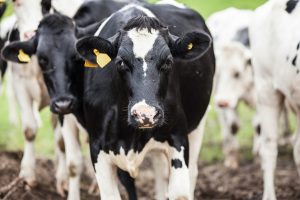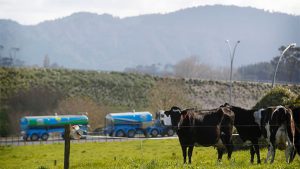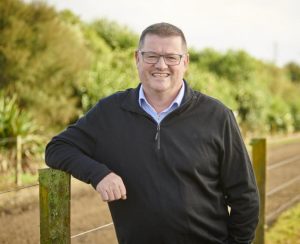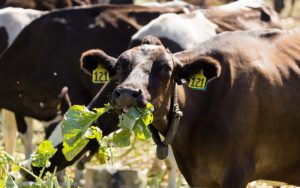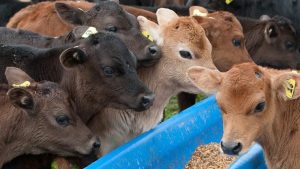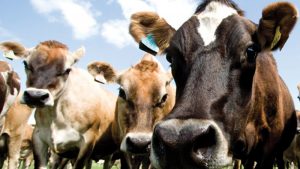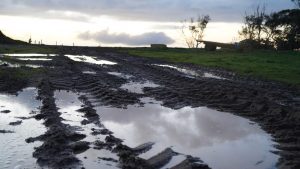
The 2020-21 compliance monitoring report, presented this month to Environment Southland summarised compliance monitoring, enforcement and technical teams’ activities.
Environment Southland general manager integrated catchment management Paul Hulse said that once again Covid restrictions led to significant disruption of the inspection programme, and therefore, inspection numbers.
“It has been another challenging year, however, the compliance team has managed the programme extremely well.”
There were 960 on-site and aerial dairy shed effluent discharge consent inspections completed during the 2020/21 season.
Of these, 747 were fully compliant, 200 were graded low risk or moderate non-compliance, while 13 were graded significant non-compliance – equating to about 1.3% significant non-compliant inspections.
The 2020-21 year saw a slight drop in the number of incidents reported to the compliance division on the previous year.
There were 888 reported incidents in 2020/2021 compared to 964 reported incidents in the 2019/2020 year.
“When a farm is graded as significantly non-compliant there is a range of follow-up actions available. Not all of these actions result in enforcement. Other actions can include re-inspection, diversion, letters of direction and warnings, infringement notices or abatement notices,” Hulse said.
The vast majority of consent holders across dairying, industry, territorial authorities and other organisations performed well in their environmental monitoring and reporting, he said.
Regulatory Committee chairman Neville Cook said it was pleasing to see the dairy industry with low significant non-compliance, but that the compliance monitoring report also reported on compliance relating to commercial enterprises.





